#AlternativeFuel
Junkyard Find: 2017 Toyota Mirai Fuel Cell
I have become accustomed to running into the unexpected during my junkyard travels, finding everything from a JDM Nissan Fairlady Z to a bullet-riddled Cadillac from a Mythbusters episode to a British tank. That said, I never expected to find a four-year-old hydrogen fuel-cell car, more than a thousand miles from the only state in which they were sold that year. This becomes the newest junkyard car I’ve documented, taking the top spot from the now-second-place 2015 Mitsubishi Mirage.
2018 Nissan Leaf SL First Drive - Powering Back From Obsolescence
The previous-generation all-electric Nissan Leaf (technically “LEAF,” but that acronym sends my MacBook Air into a snit befitting Peter Frampton), with toenail clippings for headlights and a face only a mother could slug, has historically done very well for itself, selling well over 100,000 units in America since its introduction eight long model years ago.
For 2018, the Japanese automaker set out to prove an all-electric car doesn’t have to look like a science experiment. In the past, new models were denoted by the holy trinity of longer, lower, and wider. In the EV sphere, that trio takes the form of longer (range), lower (charge times), and wider (infotainment screens).
Here's Why Japanese Automakers Keep Sending Hydrogen-powered Cars to North America
The United States and Canada don’t have much of a hydrogen fueling infrastructure to speak of, but Japanese automakers continue sending fuel cell vehicles across the ocean anyway. Vehicles like the Honda Clarity and Toyota Mirai have been touted as the environmental saviors of tomorrow but, with the exception of California, there really isn’t a place for them in the North America of today. So why do Japanese manufactures continue to bother with hydrogen?
The main reason is because Japan has bought into a future that America doesn’t seem interested in. With three of its automakers already producing fuel cell cars, the government as adopted a fairly aggressive plan to adopt hydrogen for homes, business, and cars by 2030 — meaning the U.S. probably won’t see these vehicles vanish anytime soon.
2017 NYIAS: Genesis GV80 Hydrogen Fuel Cell Concept
Genesis Motors doesn’t exactly have the most diverse lineup in the industry. Hyundai may have only cut it loose as a standalone brand a couple of years ago, but its current showroom offerings amount to a full-sized luxury sedan and its little (midsized) brother. Genesis is working on fleshing itself out, though. The brand has plans to bring six new models to market before 2021 — including two all-important sport utility vehicles.
Providing us with a “subtle glimpses into the bold future,” Genesis has brought its GV80 Concept SUV to the New York International Auto Show. But if this is supposed to be a taste of what’s to come from Hyundai Motor Group’s premium luxury brand, there is reason to worry about its future. It isn’t because the concept is a plug-in hydrogen fuel cell electric — although a case could be made — but because the path its styling has taken is more than a little perplexing.
Jaguar Design Director: Hydrogen Power is a 'Disaster'
Jaguar Land Rover’s technical design director Wolfgang Ziebart is decidedly not a proponent of hydrogen-fueled vehicles.
Due to the amount of energy required to produce, cool, and then compress hydrogen for transportation and subsequent usage within a fuel cell vehicle, Ziebart is highly critical of its role as a practical automotive energy source.
Still, a minority of automakers disagree.
Beer-based Ethanol is the Best/Worst Idea for Car Fuel
A New Zealand chemist has found a good use for spent yeast normally discarded after brewing beer, Popular Mechanics is reporting (via AutoFocus).
It’s not the first time beer-based ethanol has been used to power cars, but New Zealanders can fill up on 98-octane (!) booze-fuel for a limited time. The mix is 90 percent gas to 10 percent beer ethanol.
(Note: I covered parts of the 2008 Democratic National Convention in Denver and remember the Coors-powered cars in Denver and think it’s the best imaginable use of Coors Light)
Junkyard Find: Electric-Powered 1988 Ford Ranger Custom
I’ve just driven a couple of modern electric cars, the Mitsubishi i-MiEV and the Tesla Model S, and they’re real cars. Actually, the i-MiEV is a perfectly serviceable short-distance commuter and the Model S is the best street car I’ve ever driven, but I was ready to hate both of them a lot, because all my previous experience with EVs had involved growing up in the San Francisco Bay Area in the 1970s and hearing a lot of eat-yer-vegetables talk from earnest green types about how electric cars are good for you, when in fact those cars sucked stringwart-covered pangolin nodules. Then, of course, there are all the flake-O electric conversions from the 1980-2000 era that I’ve seen, a fair number of which appear in self-service wrecking yards as long-abandoned EV conversions are towed out of back yards and driveways. In this series, we’ve seen this EVolve Electrics 1995 Geo Metro and this 1988 Chevrolet Sprint Electric Sport, and there have been others too stripped to be worth photographing. Today we’re going to look at a California-based Ford Ranger that still has just about all its electric running gear.
Junkyard Find: 1988 Chevrolet Sprint Electric Sport
Now that it’s possible to buy electric cars that actually do what cars are supposed to do, we mustn’t forget the very lengthy era— say 1970 to just a few years ago— during which all manner of optimistic-yet-doomed companies converted various econoboxes into lead-acid-battery-based EVs. Every once in a while, I’ll spot the remains of such an EV at a junkyard; we saw a junked EVolve Electrics 1995 Geo Metro EV conversion last year, and now a different Denver yard has given us this ’88 Sprint “Electric Sport.”
Ok, We Were Wrong: Chevrolet Cruze Diesel Actually Takes 18 Years To Break Even*
Now that Chevrolet has revised their EPA mileage estimate for the Chevrolet Cruze Diesel, from 42 mpg to 46 mpg, we need to revise our own estimates.
Obama Proposes $2-Billion Fund For Alternative Fuel Vehicles, No Mention Of Hydrogen
“The only way to break this cycle of spiking gas prices — the only way to break that cycle for good — is to shift our cars entirely, our cars and trucks, off oil,”
So said President Obama during a speech in Illinois, where he outlined a plan to provide $200 million a year for 10 years to a fund that would promote the development of alternative fuel vehicles. The funds would be provided by royalties from oil drilling on the Out Continental Shelf.
Junkyard Find: Electric 1995 Geo Metro
Normally, I wouldn’t consider an 18-year-old Suzuki Cultus badged by a now-defunct GM marque to be worthy of inclusion in this series, but this particular example— which I found at my favorite Denver self-service wrecking yard— has been converted to electric power and is thus sort of interesting.
Ask An Engineer: Natural Gas For Dummies
Westport Innovations has just signed a second deal with General Motors to produce light duty natural gas engines, and it’s probably not the last time we’ll be seeing these kind of partnerships forming. Natural gas vehicles have been explored previously on TTAC, but the technology hasn’t been fully explored in-depth, aside from some well-informed comments in various articles.
GM's Pickup Truck CNG Conversion Costs $11,000
Compressed natural gas may cost the equivalent of $1.89 per gallon of gasoline, but retrofitting your GMC Sierra or Chevrolet Silverado will cost you $11,000 – and GM still think it will save you money.
Low Natural Gas Prices Aren't Spurring Demand For NGVs
Even with gasoline prices reaching higher and higher, and natural gas prices at decade lows, consumers are doing as little as possible to adopt natural gas vehicles. As investment blog Seeking Alpha found out, the answer isn’t so complex.



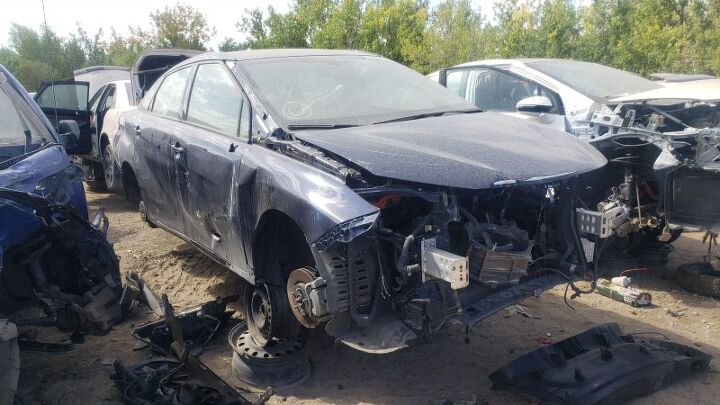
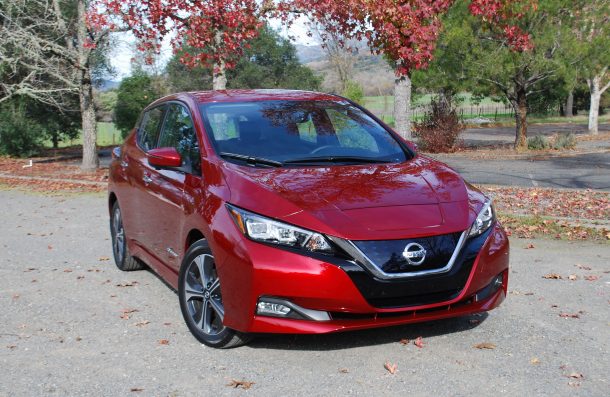

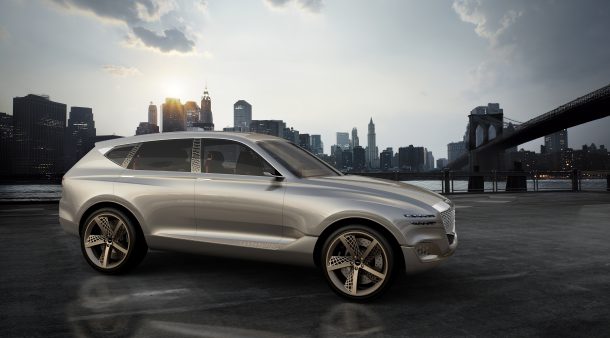
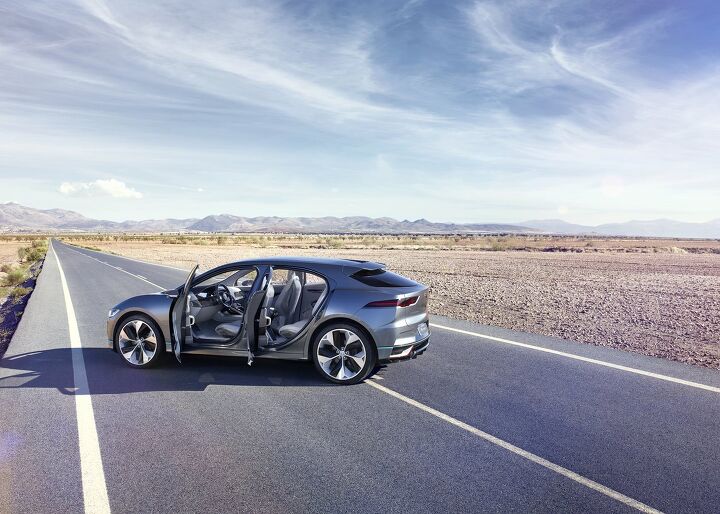

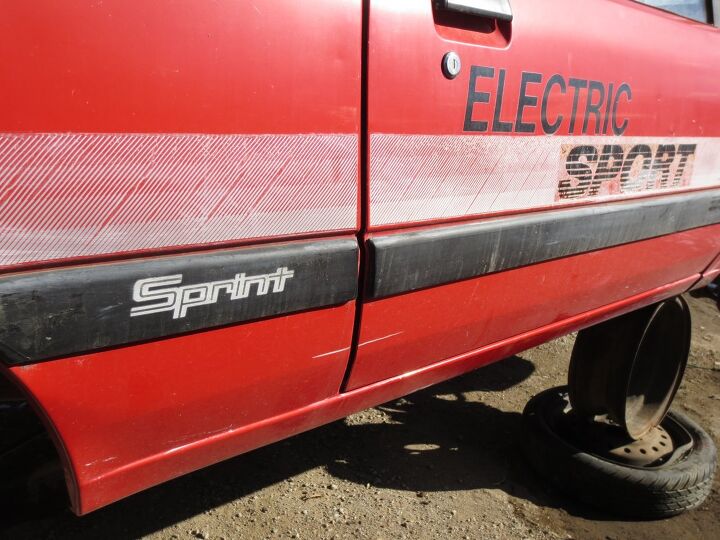
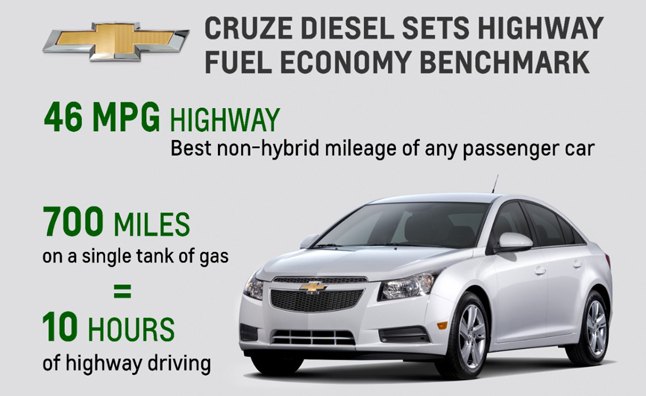

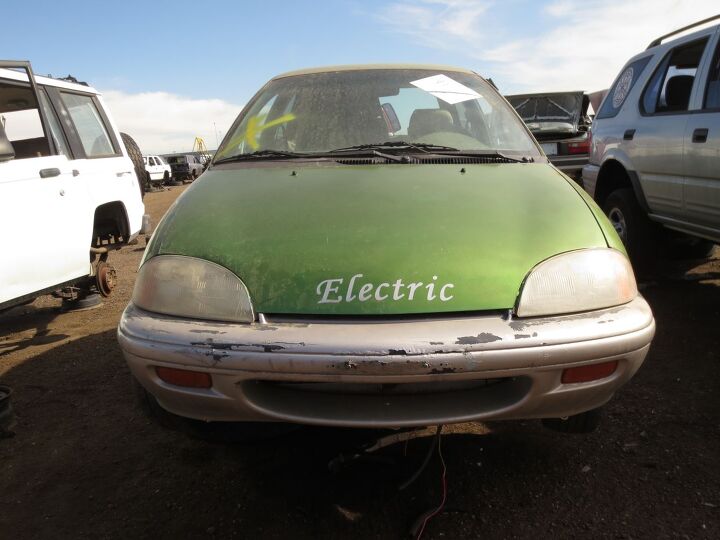

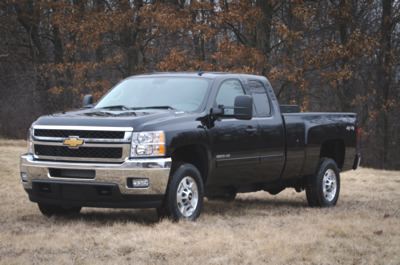













Recent Comments